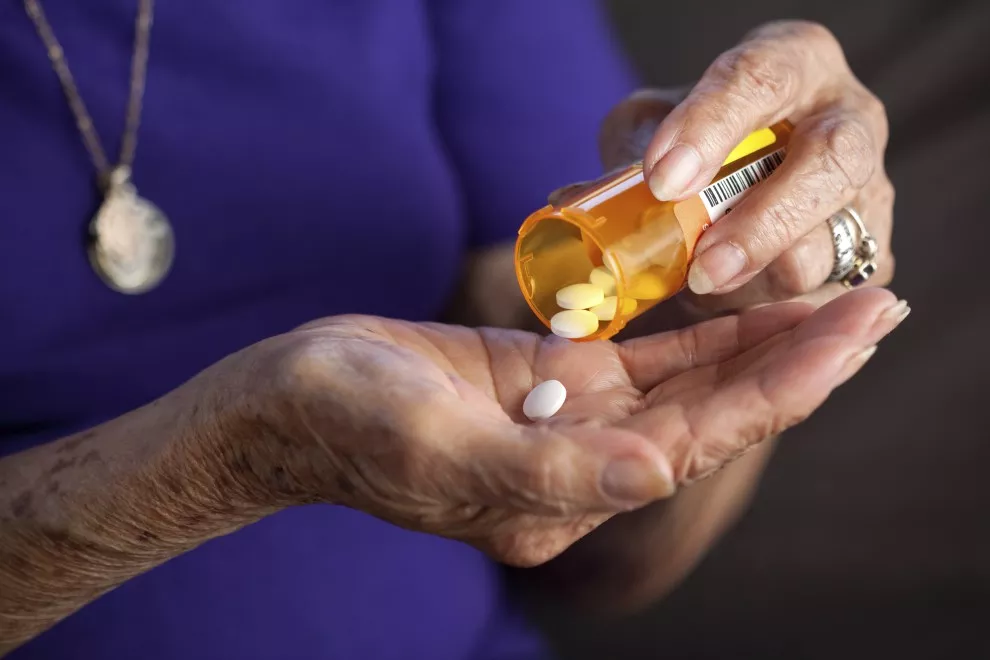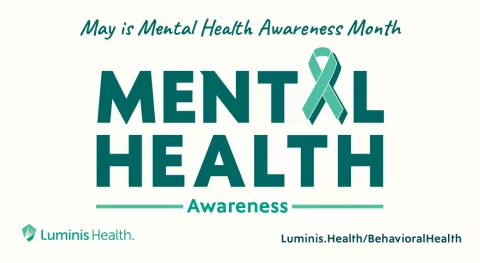by Luminis Health

As a prevention education coordinator at Pathways, Anne Arundel Medical Center’s substance use and mental health treatment center, Mandy Larkins is in the community daily. She works to prevent anyone from having to deal with the devastating disease of addiction. “It can affect anyone, any age, any socioeconomic group, any gender and any race,” she says. Senior citizens are at greater risk for addiction if they take multiple medications and take prescription pain medications.
According to the National Clearinghouse for Alcohol and Drug Information, up to 17 percent of adults age 60 and over abuse prescription drugs. Common medications of abuse include narcotic pain killers, sleeping pills and tranquilizers.
To help prevent prescription addiction, Mandy reminds seniors to ask questions when talking to their doctors about certain medications. Questions to ask include:
- Does this medication have an addictive tendency?
- What are the side effects and will it interact with my current medications?
- What is the least amount of time I will need to take this medicine?
- Are there other options for this medication?
Social drinking while taking medications can also cause a negative reaction, especially if someone is taking several prescriptions. “Social drinking could mean one glass of wine a night or it could mean five beers on a weekend, and these can certainly interact differently with medications,” says Mandy. “Have a conversation with your doctor about social drinking and what the problems would be with drinking and taking new medication.”
The warning signs of addiction are sometimes hard to separate from the side effects experienced from the medications. Mandy notes that a drug side effect will show up soon after the patient starts taking the new medication. In contrast, addiction might take some time to display its symptoms. You might not see symptoms until the patient stops taking the drug. Signs of addiction include:
- Differences in sleep
- Changes in appetite
- Fluctuations in mood or unusual behavior
- Taking more than the prescribed dose of medication
- Taking medication for reasons other than what it is prescribed
“It’s important to talk to your doctor if you have been treated for any addiction earlier in life,” says Mandy. “Certain medications could be trigger points for some people.”
If you believe an elderly loved one may have an addiction problem, alert his or her physician. The right type of treatment will vary depending on the individual and the situation.




